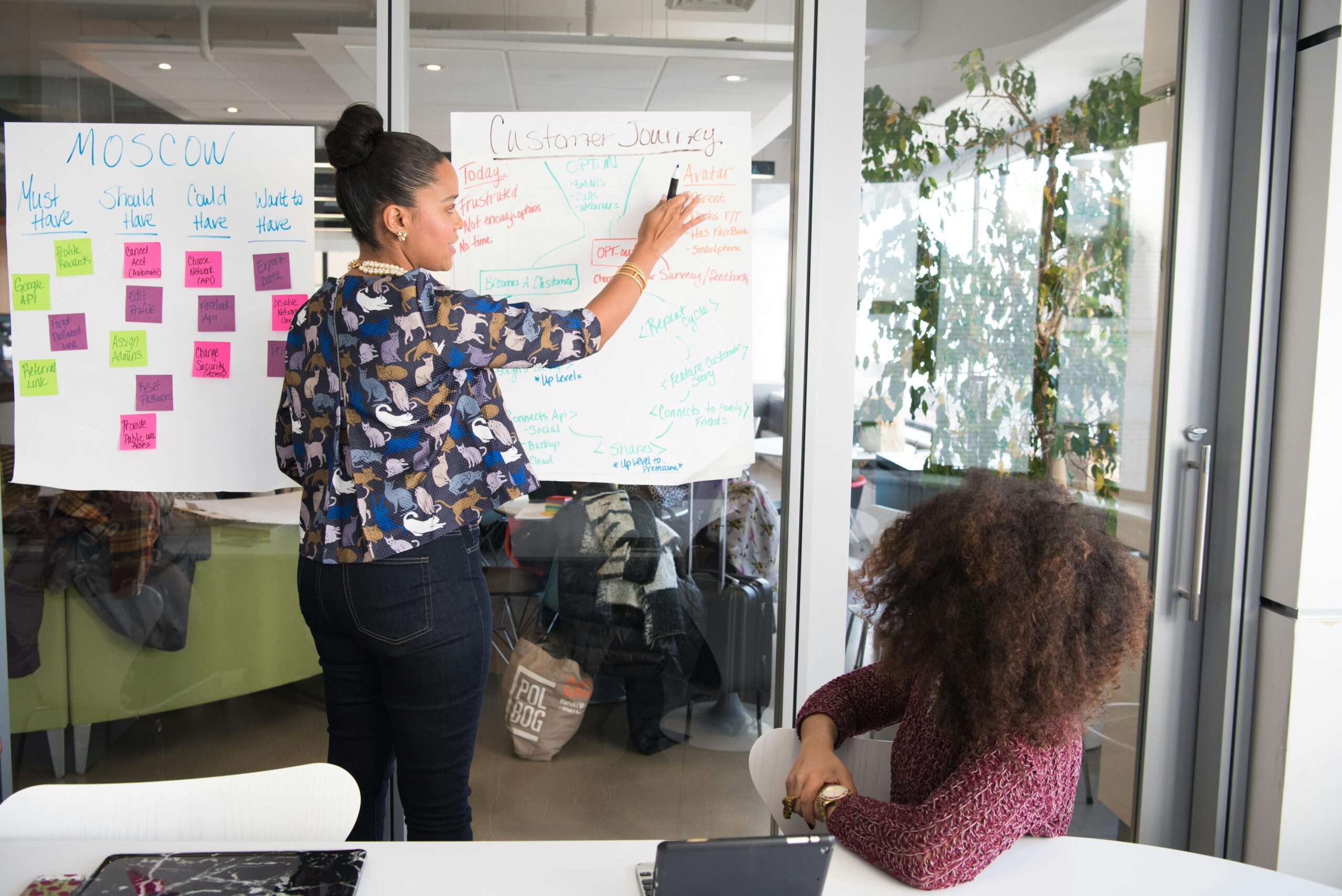In the fast-evolving landscape of project management, continuous learning is a necessity, not a choice. Mentorship in project management plays a pivotal role in equipping professionals with real-world insights, personalized guidance, and access to a community of experienced peers. As businesses increasingly prioritize agility and innovation, the demand for mentorship-driven development has surged.
For C-level executives, PPMO practitioners, and project management professionals, tapping into mentorship and community learning can accelerate career growth and enhance project outcomes. But how can these mentorship opportunities be effectively leveraged for maximum impact?
1. The Power of Mentorship in Project Management
Mentorship goes beyond formal training courses. It’s about fostering relationships with experienced professionals who can offer guidance based on real-world challenges. According to McKinsey & Company’s research on leadership development, mentorship is one of the most impactful tools for upskilling professionals.
Benefits of mentorship for project managers include:
- Personalized Guidance: Unlike one-size-fits-all courses, mentorship is tailored to the mentee’s unique challenges.
- Access to Real-World Insights: Mentors offer practical advice rooted in experience, helping mentees navigate complex project issues.
- Career Advancement: Mentorship often accelerates career progression by providing visibility into leadership paths and growth opportunities.
PMI’s Mentorship Program is a prime example, connecting new project managers with experienced professionals for one-on-one guidance. This exchange of real-world experience often accelerates skill development and exposes mentees to practical problem-solving techniques.
2. Community Learning: A Collaborative Approach to Growth
While mentorship is one-on-one, community learning is about collective growth. Project managers can tap into learning communities, online forums, and professional groups where knowledge sharing is the norm. Communities like PMI Chapters, LinkedIn Groups, and online PPMO forums create spaces for peer learning, best practice sharing, and collaborative problem-solving.
Benefits of community learning for project managers include:
- Diverse Perspectives: Engage with a broad network of professionals, each offering unique insights from different industries and roles.
- Continuous Learning: Ongoing discussions about industry trends, new methodologies, and project challenges keep members up-to-date.
- Problem-Solving Networks: Community forums allow project managers to crowdsource solutions to challenges they face in real-time.
Platforms like ProjectManagement.com offer forums, webinars, and learning communities dedicated to project management professionals. Engaging in these platforms builds a knowledge network that supports continuous growth.
3. Building a Mentorship and Community Learning Strategy
To make the most of mentorship and community learning, project managers should adopt a structured approach:
- Identify Learning Goals: What skills, knowledge, or competencies do you want to develop? This clarity helps you find the right mentor or community.
- Leverage Industry Resources: Participate in mentorship programs offered by PMI or join industry-specific forums and groups.
- Contribute as a Mentor: Once you’ve gained experience, pay it forward. Becoming a mentor strengthens your leadership skills while giving back to the community.
Companies can also support mentorship and community learning by establishing internal mentorship programs, creating communities of practice (CoPs), and encouraging participation in external forums and webinars.
4. Industry Examples of Mentorship and Community Learning
Companies like Microsoft and Google prioritize internal mentorship programs to accelerate employee development. At Google, mentorship is embedded into leadership development, ensuring employees at every level have access to experienced leaders for guidance.
Similarly, organizations that foster communities of practice (CoPs) empower project managers to engage in shared learning experiences. For example, IBM’s CoPs facilitate peer learning and create repositories of shared knowledge, leading to continuous improvement.
Conclusion
Mentorship and community learning are indispensable for project management development. Mentorship offers personalized, experience-driven guidance, while community learning provides access to collective knowledge and real-time support. Together, they equip project managers with the skills, perspectives, and confidence to lead successfully.
For organizations, fostering these opportunities isn’t just a talent development strategy—it’s a strategic advantage. By empowering project managers with mentorship and community learning, companies can nurture a culture of continuous growth and project excellence.
References
- “The Importance of Leadership Development” | McKinsey & Company | 2023
- “The Five Dysfunctions of a Team” | Patrick Lencioni | 2002
- “The Power of Mentorship in Project Management” | Project Management Institute (PMI) | 2023
- “How Google Develops Leaders” | Harvard Business Review | 2022
- “Building Communities of Practice” | Etienne Wenger | 2002




